It’s October and currently I’m thinking… PINK. As we all know, October is Breast Cancer Awareness month and that has me concentrating on my breasts – and wondering about all other women’s breasts out there, too.
As women, we think a lot about how we look in general – and our breasts in particular. Are they too small or too big? Are they too saggy or too perky (such a thing?). Do we look in the mirror and think they’re lopsided? Too much cleavage…or not enough?
But it’s October now and this month reminds us that what we should be thinking about is not just the physical appearance of our breasts, but what’s going on inside: the actual tissue, the glands, and the general health of them. The things we can’t see in the mirror.
There are no guarantees when it comes to the health of our breasts. Mammograms are excellent for early detection – but that’s the key: detection. They’re only good once the problem is pronounced enough for it to be evident in a mammogram.
But there are several things we can do as women to empower ourselves in our daily lives and to help maintain and – and/or regain – the health of our breasts, as well as our overall health, too!
It is true when they say we are what we eat, drink, breathe, and think. Food can be the best medicine, but it can also be the biggest poison. I’ve done some research and put together a few strategies we can use every day to help support healthy breasts.
We are what we eat, so…
Eat organic! Fruits and vegetables, nuts and seeds, and healthy fats rich in anti-oxidants are all wonderfully nutritious. Anti-oxidants help fight free radicals that can be harmful to our bodies (and have been connected to cancer and premature aging). Make sure you get many servings of fruits and vegetables daily – and the more colorful the better. Eat a rainbow! And please note this: sugar is the enemy – it is cancer’s best friend. Sugar can assist in the growth of cancer cells. So let’s do our best to eliminate as much sugar from our diets as we can.
Exercise – the shvitz is good for you!
Don’t think you need to run a marathon or take back-to-back spin classes to stay healthy. Any amount of exercise – intense or mild – can help reduce our risk of getting breast cancer. Cardio workouts can actually change the metabolism of estrogen in our bodies and increase the ratio of “good” to “bad” estrogens. Sweating out toxins through exercise helps our bodies detox which in turn helps our immune systems operate more productively! Yoga is particularly great because it helps balance and regulate our entire endocrine system, which controls our hormones. Namaste!
Go ahead, touch yourself!
When was the last time you did a self-exam? Examining our breasts on a regular basis – in conjunction with our annual mammograms and physicals of course – can save our lives. This is when we can pick up the possibility of an abnormality before it becomes worse … and the scheduled mammogram is too late.
Avoid toxins as much as possible!
Toxins are all around us and sometimes I know they’re hard to avoid. Below are a few places they can manifest in our lives:
- Inflammatory foods that are filled with trans fats, artificial coloring and preservatives
- Household cleaning products that contain chemicals and pesticides
- BPA plastics, which can be used for storing food and water. Switch to glass containers and buy your self a Swell Water bottle! Swellbottle.com
- Personal care products and perfumes. Yes ladies, the makeup and perfume we put on our faces and bodies to make us look pretty and smell yummy contain hormone-disrupting chemicals. Look for all-natural beauty products!
Get some rest!
I talk a lot about the importance of adequate sleep with friends and clients. There was a study done recently showing that there is a connection between less sleep and the development of breast cancer in women. Work on getting at least 7-9 hours of sound sleep per night (without using drugs of course!).
The decisions we make on a daily basis – the foods we eat, the sleep we get, our exercise regimens, and our relationships – all play a vital role in creating a healthier, more amazing life. Every decision counts.
Make Good Choices!!!!










